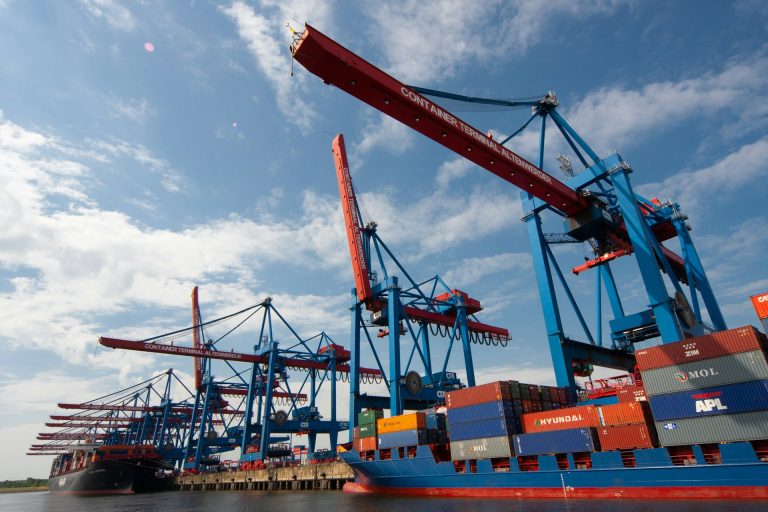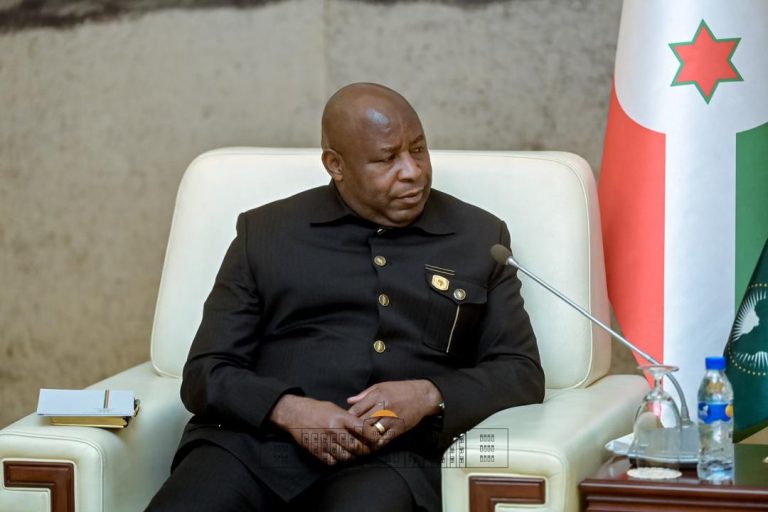- Nigeria opens 2025 licensing round on 1 December
- Security risks and oil theft threaten investor interest
LAGOS, NIGERIA – Nigeria will open its 2025 oil block licensing round on 1 December as the government pushes to revive crude output and attract investment into its flagging energy sector.
The Nigerian Upstream Petroleum Regulatory Commission (NUPRC) announced the bid round on Tuesday in London, where Chief Executive Gbenga Komolafe unveiled the country’s plan to add one million barrels per day (bpd) of new crude output under its Project 1MMBOPD Additional Investment Forum.
According to NUPRC spokesperson Eniola Akinkuotu, Komolafe said the move aligns with the Petroleum Industry Act and follows approval from President Bola Tinubu.
Nigeria currently produces an average of 1.71 million bpd, with peak levels reaching 1.83 million bpd — far below government targets and a drag on export earnings for Africa’s largest oil producer.
Since January, the Commission has approved 46 field development plans, which Komolafe described as a mix of immediate investment commitments and long-term production gains. He said Nigeria’s rig count has climbed to more than 60, with at least 40 active, creating what he called a favourable climate for investors.
Investment incentives but mounting risks
Komolafe said Nigeria’s push to add an extra one million bpd by 2027 will require massive offshore infrastructure, including Floating Production, Storage and Offloading units, Floating Storage and Offloading vessels, modular offshore platforms and early production systems.
“The drive to reach and sustain the one million barrels per day in incremental capacity and beyond will require Floating Production, Storage and Offloading units… and accelerated monetization,” he said.
To attract new investors, Nigeria in October slashed signature bonuses for oil blocks from about $100 million to $10 million — a policy Komolafe said has boosted investor confidence and accelerated early field development.
But analysts warn that chronic security challenges, crude theft and production shortfalls could undermine the government’s ambitions.
Economist Dr Marcel Okeke said Nigeria has repeatedly missed its output targets and should first address structural constraints, noting that the 2025 budget is based on production of 2.06 million bpd at $75 per barrel – far above current output of around 1.7 million bpd.
He said insecurity in oil-producing regions poses a significant threat to investors. “The onshore region has become almost unsafe for oil companies, so they are now left with the deep offshore, where they are dealing with sea pirates,” Okeke told Allen Dreyfus. “So, when you consider all these things, the blocks may not be as profitable as the government might want us to believe.”
Okeke also pointed to extensive crude theft in the Niger Delta, arguing that the scale of the problem suggests involvement by powerful actors. The theft, he said, has severely eroded output and export revenues.
Analysts weigh long-term prospects
Despite the risks, some analysts see the licensing round as crucial to rebuilding Nigeria’s upstream portfolio.
Prosper Olusola, oil and gas analyst at Lagos-based Afrinvest Research and Consulting, told Allen Dreyfus the 2025 bid round is “strategically important and forward looking aimed at increasing the upstream project pipeline and providing investment opportunities for the country.”
She cautioned, however, that the benefits will take years to materialise. “The credible near-term pathway to get any significant backing from the sector to support revenue and provide fiscal relief is to increase output by exploring more brownfield revival and tiebacks amid persistent price volatility,” she said.
Nigeria hopes the new licensing round will help reverse its production slump, strengthen foreign investment and stabilise public finances — but analysts say success will depend on whether the government can confront insecurity, restore confidence in the Niger Delta and ensure predictable regulatory frameworks.










